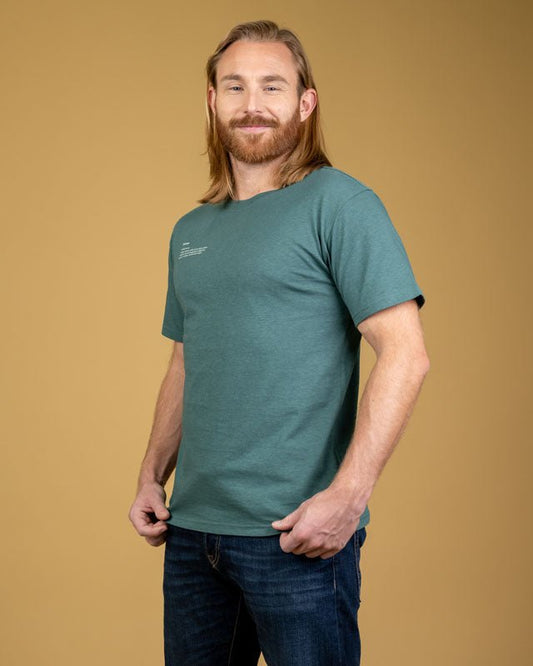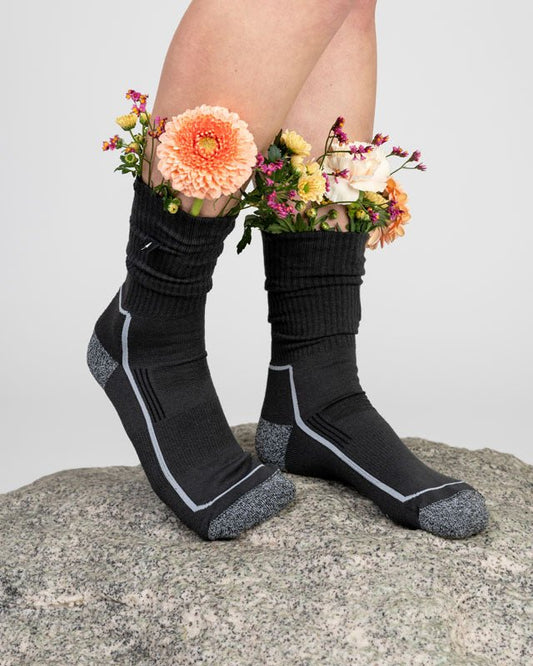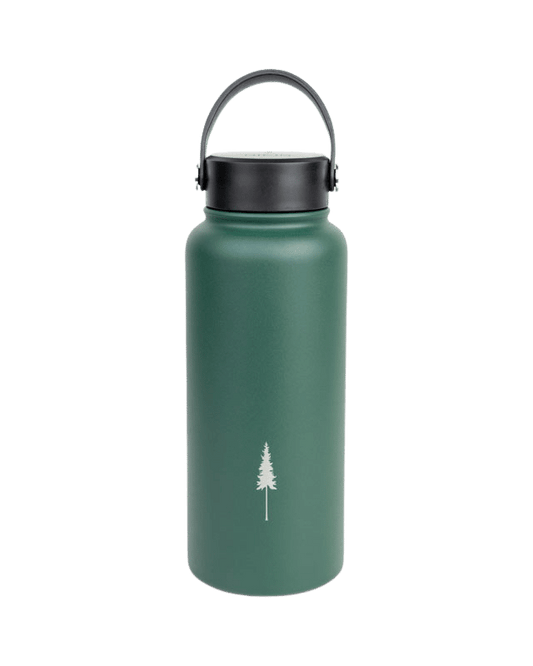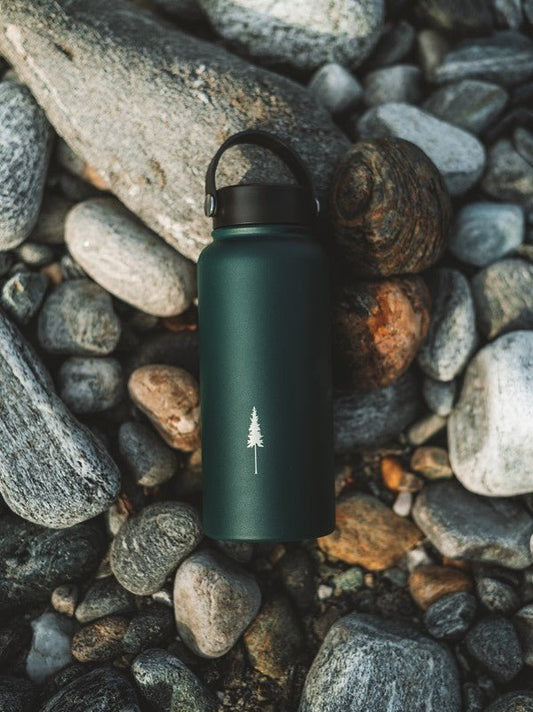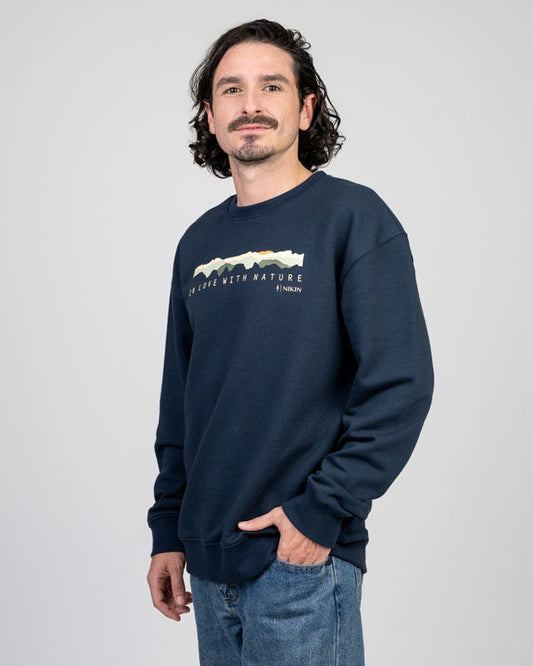Sustainability here, sustainability there - it is omnipresent today. With these little hacks, you can make your everyday life even more sustainable.
Sustainability here, sustainability there - it is omnipresent today. With these little hacks, you can make your everyday life even more sustainable.

Most of us would like to live more sustainably - but where do we start? Because everyday habits often get the upper hand, even if you actually want to live much more consciously and ecologically.
Why living sustainably is so important
Sustainability is the top priority these days. We are in a state of flux. While decades ago, advertising made us believe in the unlimited possibilities of consumption, today many brands are increasingly focusing on sustainability. This is a good thing and also important, because we only have this one planet. If natural resources are depleted beyond our own ability to regenerate, the entire system will be thrown out of balance and we will feel the consequences. We can still turn the tide and make our lives more sustainable. Again, the longest journey begins with a small step. With these 10 sustainability hacks, you can set off in the right direction.
Top 10 hacks in everyday life
1. utilise budget residues
Whether it is green waste, coffee grounds or eggshells: much of it should not end up unused in the waste. Turnip greens and other leaves are rich in vitamins and can be deliciously cooked, and coffee grounds and eggshells can be used as fertiliser. If you have the opportunity, it is worth disposing of organic waste in a compost - after a few weeks you will get fertile humus that you can reuse.

2. wrapping in wax paper
Put an end to aluminium foil or cellophane. Beeswax paper is an environmentally friendly alternative. The beeswax-coated fabric was still familiar to our grandparents, can be used again and again and is easy to clean. Beeswax cloths from eco-beekeepers last up to two years and are absolutely worth the initial cost.
3. use search engine for the forest
Most of us use Google as a search engine - but there are alternatives that do something for the environment at the same time. Have you heard of Ecosia? The eco-search engine uses the profits generated to plant trees worldwide. Ecosia follows the same cause as we do, we have a tree planted for every product in our shop.
4. buy second-hand fashion
New doesn't always have to be brand new, because fashion is now one of the worst environmental offenders of all. Fast fashion, which has serious consequences for people and the environment in emerging countries, is particularly problematic. Those who like to change their clothes every now and then can take a look in a second-hand shop or attend a clothes swap party - the events are becoming popular and are being held in more and more cities. Each participant brings a handful of clothes and exchanges them for the souvenirs of other guests.

And if you're looking for something new, make sure the products are sustainable. In our shop you'll find great products made from sustainable materials that are fairly produced in Europe.
5. an environmental or ethical bank for investing money
Those who live sustainably often want their money to do the same. However, this is not the case with many banks, because the credit institutions cooperate with partly questionable partners. Those who want to be absolutely sure that their own financial investment is ecological and social should therefore choose one of the few sustainable banks that accommodate this wish.
6. use less plastic ...
Plastic is the plague of our time - but escaping it can be difficult. The material is simply too ubiquitous. Nevertheless, at second glance, you can do without many disposable products, avoid ready-made meals and buy food fresh at the market. Besides, fabric fruit and vegetable bags make shopping at the supermarket easier - as do our TreeShoppers.
7. ... and promote the elimination of plastic waste.
A large part of the discarded plastic ends up in the oceans. In the meantime, various projects have taken up the cause of cleaning up the world's oceans. Some of them can be supported without much effort, such as Pacific Garbage Screening. If you want to do something for the initiative, you can simply add the hashtag #netzgegenplastik to every post you make on social media. Every post supports the project.

8. collect less paperwork
We are all familiar with the advertising brochures and flyers that we take out of casual interest and usually don't even read - or only when the advertising campaign has long since run its course. Here, too, you don't have to grab them right away; photographing them with your mobile phone or scanning the QR code ensures that less paper waste is produced. This also benefits forests worldwide.
9. bamboo and tinware
Alternatives to plastic include bamboo and tin. There are already toothbrushes made of bamboo, for example, which are a wonderful substitute for plastic brushes and are usually produced under fair trade conditions. Bamboo is also used for children's tableware, and if you are looking for lightweight, unbreakable items, you can also reach for a tin plate. The classics from the camping scene never really went away and come back in trendy designs.
10. stay at home more often
Well, it hurts, but travel is usually not really sustainable. Especially air travel around the globe pollutes the environment. Too bad about the beach in Bali or the weekend flight to Ibiza? There is often more than enough to discover on your doorstep. Hiking and trekking tours, meditation offers and cooking courses can replace at least part of the already often over-excited travel activities, cost less and usually offer considerable added value. But after 2020, "holidays at home" should be a household word for everyone.
At NIKIN, we are of course primarily concerned with sustainability in the fashion industry and have dedicated ourselves to the fight against global deforestation. But we know that sustainability is holistic, so we want to encourage our community to rethink their everyday lives in other areas of life as well, and perhaps change them a little.








